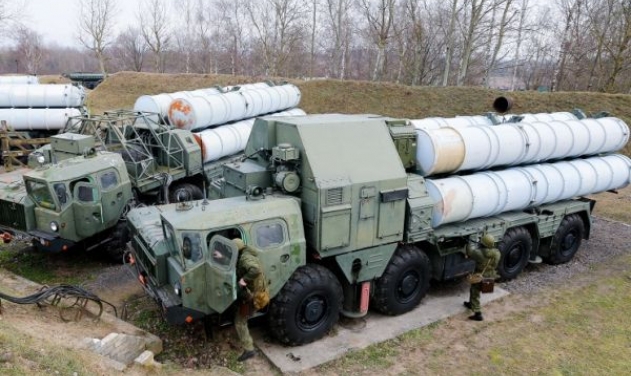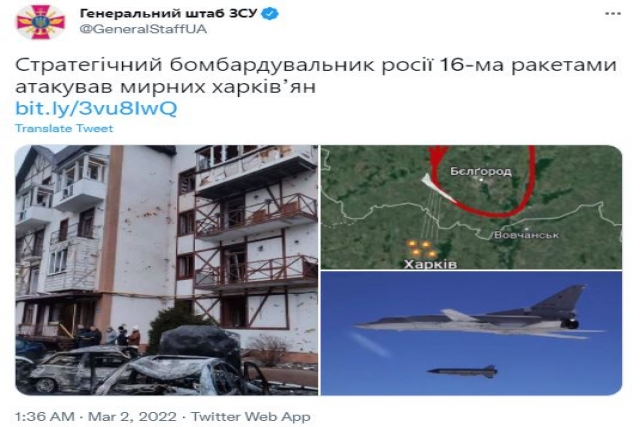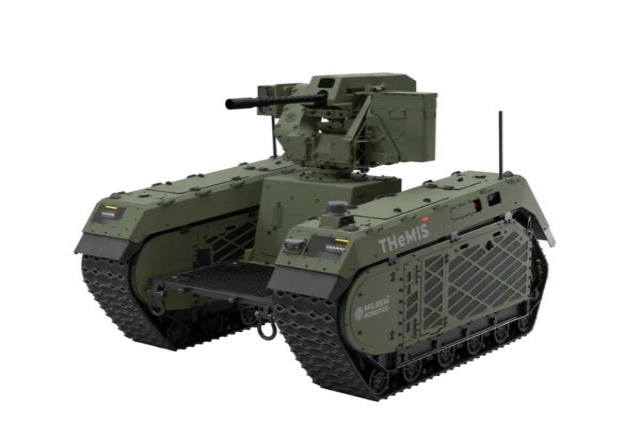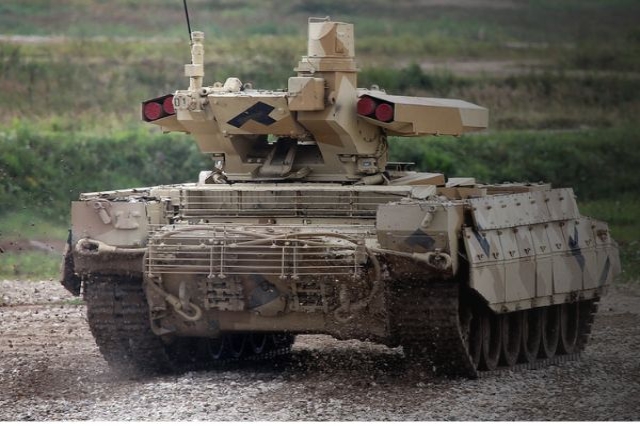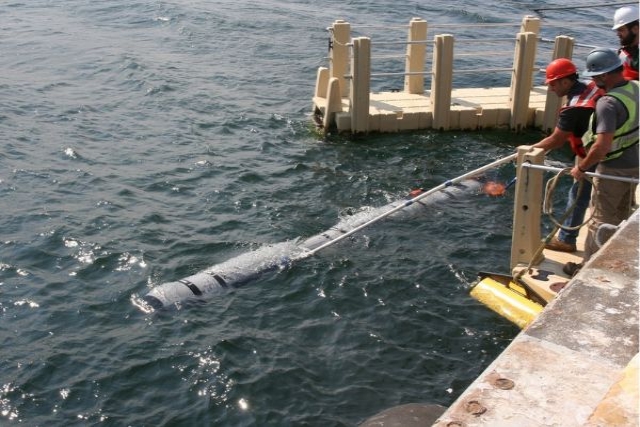U.S. Okays Sale of Precision-Guided Munitions to NATO
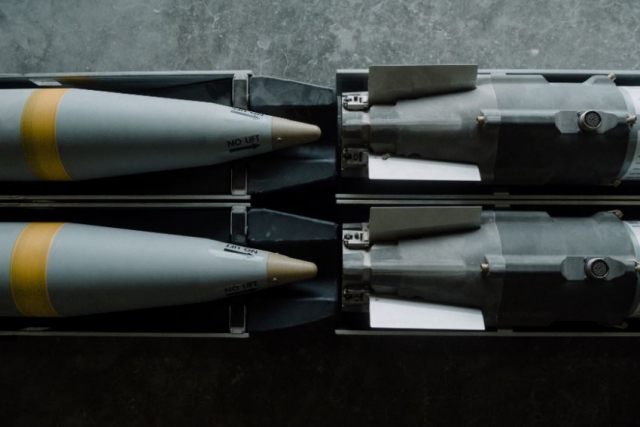
The U.S. State Department has approved the sale of precision-guided munitions valued $22.7 million to the NATO Support and Procurement Agency (NSPA).
The Defense Security Cooperation Agency (DSCA) delivered the required certification notifying Congress of this possible sale today. The notification to lawmakers sets off a 30-day legislative review period in which Congress can pass a joint resolution disapproving the sale.
NATO Support and Procurement Agency as Lead Nation has requested the possible sale of two hundred thirty-nine (239) GBU-39/B Small Diameter Bombs, Increment I; two hundred four (204) FMU-152 fuzes; two hundred four (204) MK-82 500LB General Purpose Bombs; and fifty (50) BLU-109 2000LB Hard Target Penetrator Bombs, that will be added to a previously implemented case. The original FMS case, valued at $1.87 million, included forty (40) GBU-39/B Small Diameter Bombs, Increment I. Therefore, this notification is for a total of two hundred seventy-nine (279) GBU-39/B Small Diameter Bombs, Increment I; two hundred four (204) FMU-152 fuzes; two hundred four (204) MK-82 500LB General Purpose Bombs; and fifty (50) BLU-109 2000LB Hard Target Penetrator Bombs. Also included are smoke signal cartridges; engineering and technical support and assistance; and other related elements of logistical and program support. The total estimated cost is $22.7 million, a DSCA release today said.
This proposed sale supports the foreign policy and national security of the United States by increasing the flexibility of Belgium, Czech Republic, Denmark, Finland, Greece, Hungary, Italy, the Netherlands, Norway, Poland, Portugal, Spain, and the United Kingdom, twelve NATO nations and one NATO enhanced opportunity partner nation, to contribute to overseas contingency operations.
This sale increases the quantity of precision-guided munitions within NATO and allows for their pre-coordinated transfer in support of national and NATO requirements. The proposed sale will improve NATO's capability to meet current and future ground threats with precision. NATO will use the enhanced capability as a deterrent to regional threats, and to increase interoperability within contingency operations, the agency said.
The principal contractors for production are the Boeing Corporation, St Louis, MO; and Raytheon Missile Systems, Tucson, AZ.
